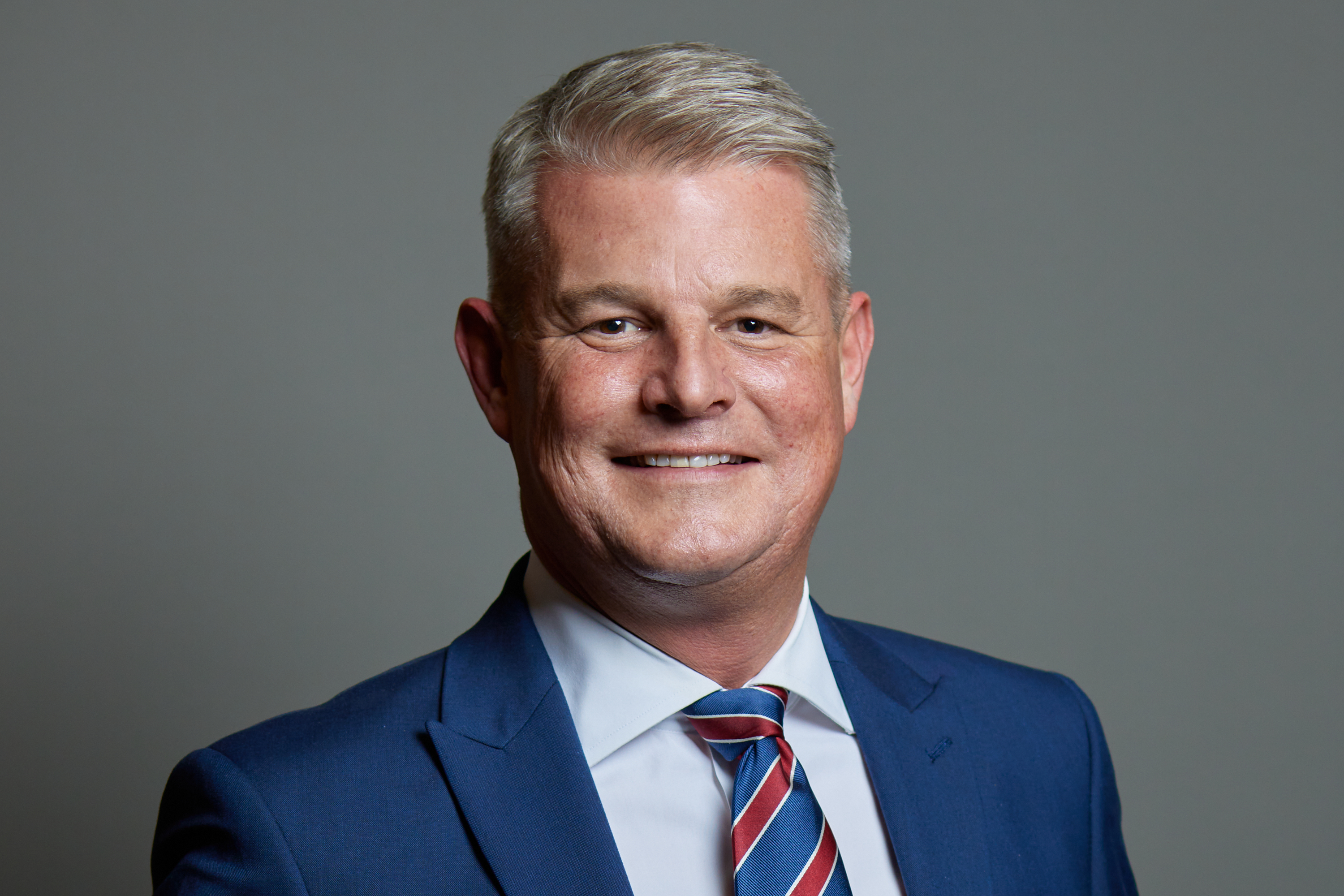Newly appointed civil society minister Stuart Andrew has promised to “monitor the impact of rising costs and pressures” facing charities amid the cost-of-living crisis.
He made the comments during his first speech after taking the charities brief within the Department for Digital, Culture, Media and Sport this month.
Speaking at the Association of Charitable Foundations’ conference Andrew also praised the support foundations and trusts offer the sector as their own organisations are hit by rising prices.
“I’m aware that trusts and foundations are seeing increased demand, and organisations - from small to large - are facing higher energy prices,” he said.
“And I know that many of you are looking at the grants you have in place with vital civil society organisations - and are now providing flexibility, or additional funding to help them through the challenges they are facing.”
He added that charities are already being supported with rising utility bills through the government’s Energy Bill Relief Scheme “and my department will continue to engage constructively across the civil society sector to monitor the impact of rising costs and pressures”.
“In order to be resilient, to be truly resilient in a way that allows us to ‘spring back’, we also need strong foundations to ensure our impact is sustainable,” he told delegates.
And that’s a wrap for #ACFConf22!
— ACF (@ACFoundations) November 15, 2022
Thanks again to everyone for joining us. It was fantastic to see so many of you! pic.twitter.com/Vkh7ArYbzq
Diluted charities minister role
Andrew’s appointment as charities minister sees the role diluted more than ever before, since it was created in 2010.
As parliamentary under-secretary of state at the DCMS he is minister for civil society, sport, tourism, youth and ceremonial events including the coronation of King Charles next year. He is also responsible for next year’s Eurovision song contest finals, which the UK is hosting, as well as arts and heritage policy in the House of Commons and overseeing events including the City of Culture.
In addition, he has been appointed minister for equalities across both the DCMS and Department for International Trade.
He replaced Lord Kamall, who was in the role for just five weeks under Liz Truss’s shortlived administration. The peer’s policy brief was considerably smaller covering, heritage, tourism and civil society.
But Andrew said the wide breadth of his brief presents opportunities to link up several similar policy areas.
“As Minister for Sport, Tourism and Civil Society, including Minister for Equalities, there are - quite literally - countless opportunities to connect across my portfolio and the intersections of this amazing sector,” he said.
“I am committed to listening to your views, championing the fantastic achievements of civil society, and building a strong relationship together.”





.jpg)







Recent Stories